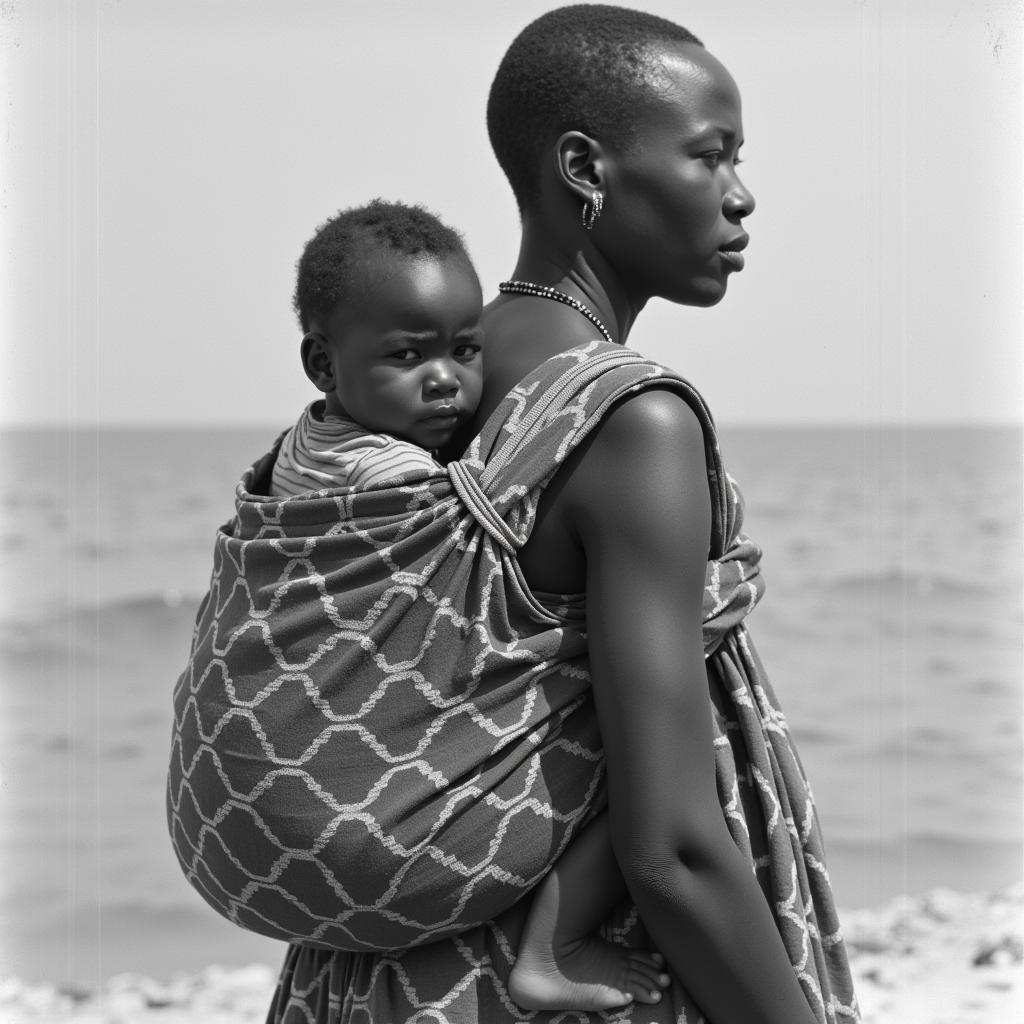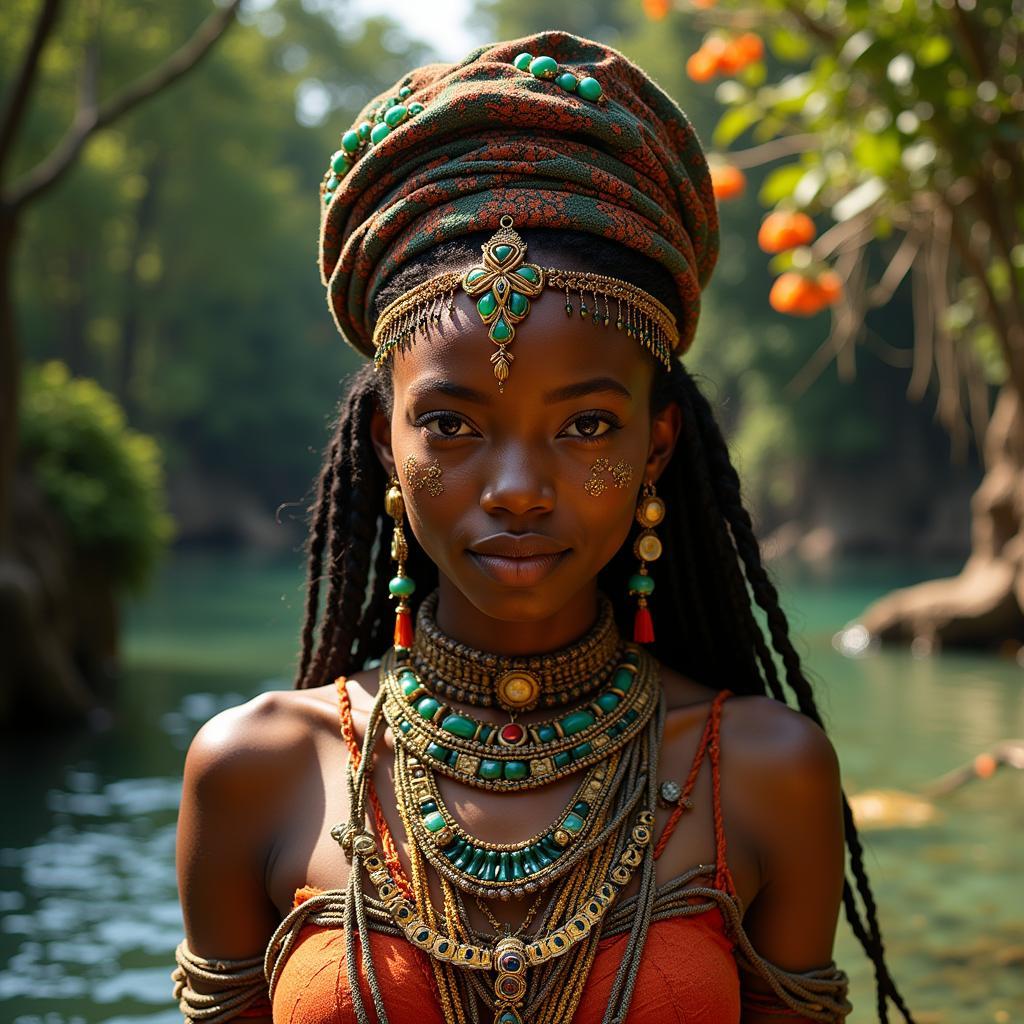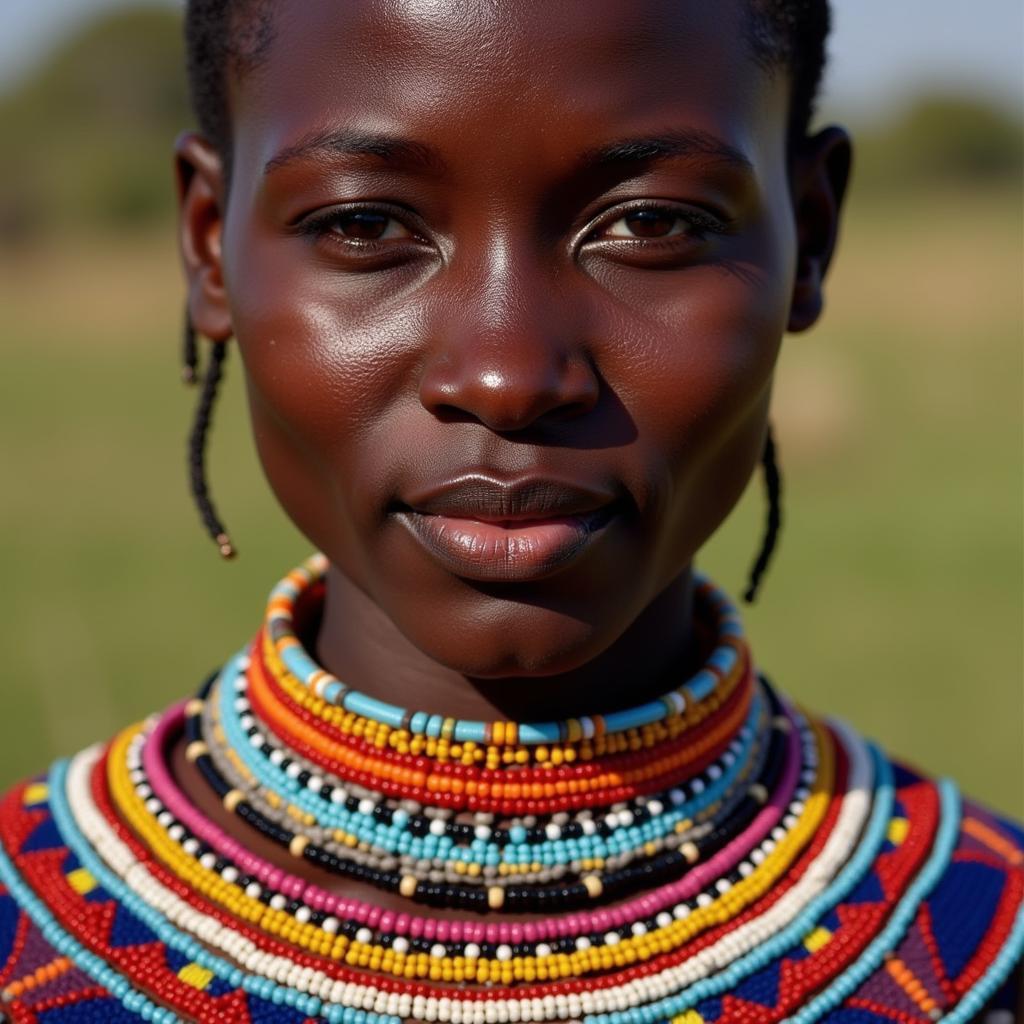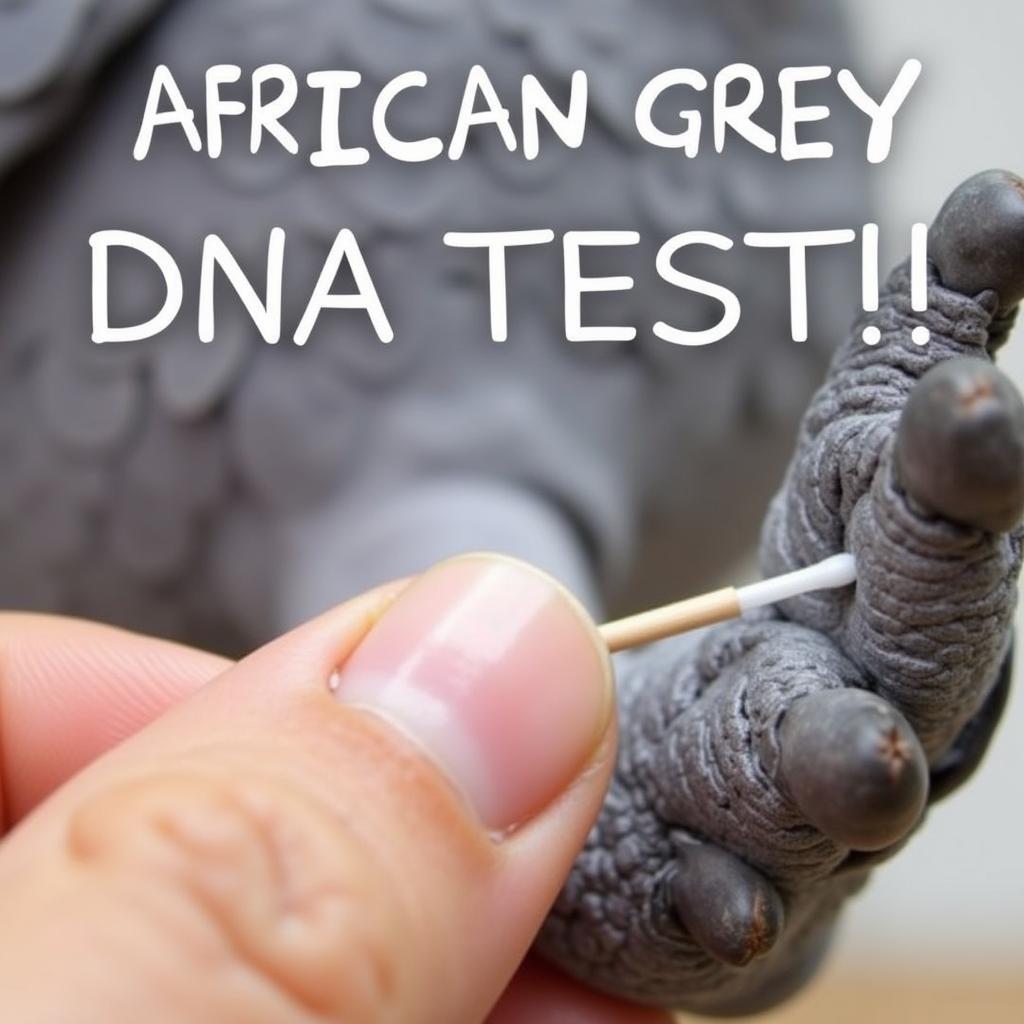The Vibrant World of African Kanga Baby Wraps
African Kanga Baby Wraps are more than just pieces of cloth; they are vibrant expressions of culture, love, and tradition. Passed down through generations, these versatile textiles cradle newborns, support toddlers, and even serve as stylish accessories for mothers. From their practical uses to their symbolic meanings, let’s delve into the fascinating world of African kanga baby wraps.
A History Woven in Time: Exploring the African Kanga
The history of the kanga dates back to the mid-19th century in East Africa, particularly along the Swahili coast. These rectangular pieces of cotton fabric, typically sold in pairs, are known for their bold prints, vibrant colors, and distinctive Swahili proverbs or sayings. Initially used as sarongs and head coverings, kangas quickly became an integral part of everyday life, evolving into baby carriers out of necessity and practicality. This adaptation cemented their role as a symbol of motherhood and cultural continuity. Using a kanga as a baby wrap connects mothers to their ancestors, whispering stories of resilience, love, and tradition into the ears of their children. The colorful patterns and meaningful proverbs also offer a unique way to share cultural values and life lessons.
 A historical depiction of a mother using a kanga baby wrap
A historical depiction of a mother using a kanga baby wrap
Beyond Function: The Symbolism of Kanga Baby Wraps
Kanga baby wraps aren’t just practical; they’re imbued with powerful symbolism. The proverbs printed on them often offer words of wisdom, blessings, or expressions of love. These messages become a constant reminder to both mother and child of their connection to their community and their heritage. Gifting a kanga is a common tradition, especially for new mothers. The chosen proverb often reflects the giver’s wishes for the child’s future or acknowledges the mother’s strength and resilience. This personalized touch transforms the kanga into a cherished keepsake, a tangible expression of love and support.
Wrapping with Love: How to Use an African Kanga Baby Wrap
Using a kanga as a baby wrap is a skill passed down through generations. There are several ways to tie a kanga, each offering varying levels of support and comfort for both mother and baby. From the front carry, ideal for newborns, to the back carry, perfect for toddlers, the kanga adapts to the child’s growth and the mother’s needs. The soft, breathable cotton fabric makes it comfortable even in warm climates, promoting skin-to-skin contact that strengthens the bond between parent and child. Learning to tie a kanga can be a fun and rewarding experience, connecting you to a rich cultural tradition while providing a secure and loving embrace for your little one.
Modern Interpretations: African Kanga Baby Wraps Today
While traditional kanga designs remain popular, modern interpretations are emerging, incorporating contemporary patterns, motifs, and even personalized messages. This blend of old and new allows younger generations to connect with their heritage in a fresh and exciting way. The use of kangas is also spreading beyond the African continent, as people worldwide embrace the beauty, versatility, and cultural significance of these unique textiles. The growing popularity of babywearing has also contributed to the kanga’s resurgence, offering a stylish and comfortable alternative to commercial baby carriers.
Conclusion: The Enduring Legacy of the African Kanga Baby Wrap
The African kanga baby wrap is more than just a piece of cloth; it’s a symbol of heritage, love, and connection. From its practical uses to its rich symbolism, the kanga continues to play a vital role in the lives of families across Africa and beyond. Embracing the kanga is embracing a tradition that celebrates motherhood, community, and the enduring power of cultural expression. So, whether you’re looking for a comfortable baby carrier, a meaningful gift, or a connection to your roots, consider the vibrant world of African kanga baby wraps.
FAQ
-
What is a kanga?
A kanga is a rectangular piece of cotton fabric, typically sold in pairs, featuring bold prints, vibrant colors, and a Swahili proverb or saying. -
Where do kangas originate from?
Kangas originated in East Africa, particularly along the Swahili coast, in the mid-19th century. -
How are kangas used as baby wraps?
Kangas are tied in various ways to create secure and comfortable baby carriers, promoting close contact between mother and child. -
What is the symbolism of kangas?
Kangas symbolize cultural heritage, motherhood, and community, with the proverbs often conveying messages of wisdom, love, and blessings. -
Where can I purchase an authentic African kanga baby wrap?
Authentic African kangas can be found in African markets, specialty stores, and online retailers. -
Are there modern variations of the kanga?
Yes, modern kangas incorporate contemporary designs and patterns while still retaining the traditional rectangular shape and Swahili proverb. -
Are kangas suitable for all climates?
The breathable cotton fabric makes kangas suitable for various climates, especially warmer ones.
Common Scenarios and Questions
-
Scenario: A new mother wants a traditional yet stylish way to carry her baby.
-
Question: What are the different ways to tie a kanga for comfortable babywearing?
-
Scenario: Someone wants to give a unique and meaningful gift to a new mother.
-
Question: What are some appropriate Swahili proverbs for a kanga gift?
-
Scenario: A person is interested in learning more about African culture.
-
Question: What is the historical significance of the kanga in East African societies?
Further Exploration
You may also be interested in learning more about african american fashion history or exploring options for african american baby clothes.
Contact Us
For further assistance, please contact us at Phone: +255768904061, Email: kaka.mag@gmail.com or visit our address: Mbarali DC Mawindi, Kangaga, Tanzania. We have a 24/7 customer service team.



